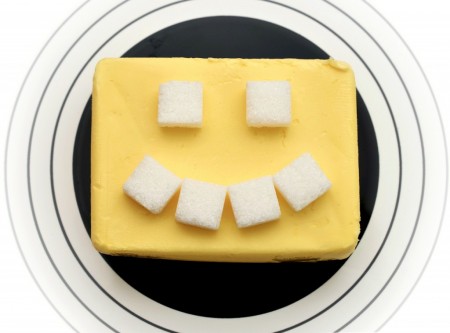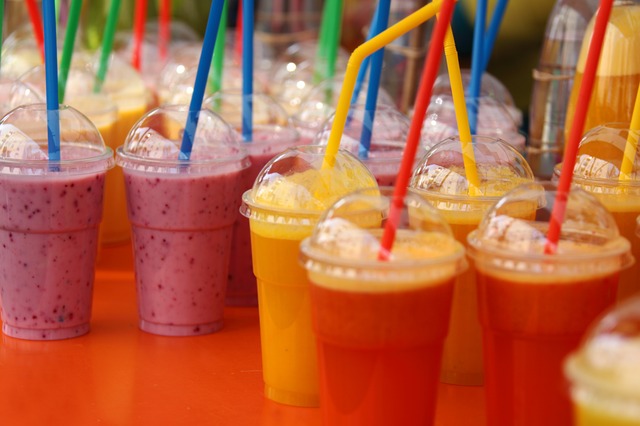A low-calorie sweetener that tastes like sugar and could help control diseases like diabetes and obesity may be closer to reality thanks to research published today.
Scientists at The University of Manchester and The University of Maryland School of Medicine in Baltimore have made a major advance in understanding what makes a substance taste sweet.
The discovery could help pave the way for the development of low-calorie sweeteners that mimic natural sugar and leave no bitter aftertaste.
"Our study has for the first time measured how sugar and some synthetic sweeteners interact with two types of taste receptors on the tongue," said Dr Graeme Conn in Manchester's Faculty of Life Sciences.
"Some synthetic sweeteners only interact with one receptor. We found that sugar interacts with both. Similarly, sucralose, the sweetener used in Splenda�, also interacted with both receptors but with a greater intensity to sugar.
Continue Reading Below ↓↓↓
"Knowing what molecular mechanisms are at play has given us a greater understanding of what makes sugar taste sweet and will no doubt help us design better sweeteners."
The research findings, published in the November 8 issue of the scientific journal Current Biology, have implications for diabetic patients, who need to regulate their sugar intake, as well as for tackling the growing problem of obesity.
A recent study showed that the average adult in Britain consumed 33 teaspoons of sugar a day, more than three times the recommended amount.
Much of this sugar intake was consumed through everyday food items, like baked beans, bread and cereal, as well as in tea, coffee and alcoholic drinks.
"A major goal of the food-science industry has been to create a sweetener that tastes like sugar but isn't high in calories," said Dr Steven Munger, of the University of Maryland School of Medicine.
"To do this, it would be invaluable to know how the natural substance interacts with taste receptors so that synthetic products can be created to mimic that interaction.
"We hope that food scientists can use our research to create sugar alternatives with the most natural taste, offering more choice to consumers who rely on low-calorie products to help control diseases like diabetes and obesity."
Source: Source: University of Manchester









